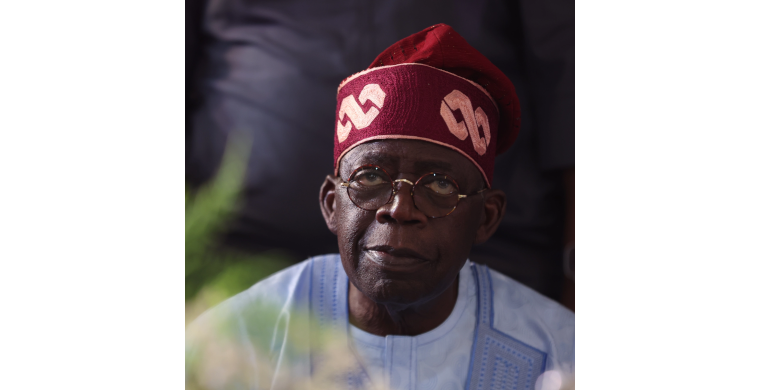ELECTION OUTCOME REFLECTS RELIGIOUS MANOEUVRES
The Nigerian Presidential election late last month was won by Bola Tinabu.
By Chris Sugden
EVANGELICALS NOW
March 26, 2023
He was the ruling party candidate, a Muslim with a Muslim vice-president, who polled 8,794,726 votes, Bola Tinubu; Atiku Abubakar secured 6,984,520 votes. Peter Obi, a Christian standing on an anti-corruption platform, offered the first major challenge to the two parties who have ruled Nigeria since the end of military rule in 1999: he received 6,101,533 votes.
A well-informed source reports that it had long been clear that the election was going to be about proving the predominance of either Islam or Christianity rather than national goals, development, and building an equitable and just society. For many years Christians have complained about the 'Islamisation of Nigeria' and the drive by the northern political class to align itself with the international Islamic Arabic community rather than build a secular state.
Many, especially the younger generation who form nearly 70% of the population of 214million people ( with 40% under 18), have been frustrated with the massive and blatant corruption, mismanagement of resources and insecurity. A third of Nigerians are unemployed and 40% of the 5 to 11-year-olds do not go to school.
The continuous attacks and kidnappings by radical Islamist militia groups in central, north-eastern and north-western parts of the country have impacted especially the rural Christian villages in central Nigeria.
This election was an opportunity to begin to reform the disproportionate and skewed constitution that provided dictatorial unitary government. This task was also needed against politicians who are experts in electoral manipulations, using everything, especially the religious divides, to grab and hold on to power.
The scheming started at the party primaries which deliberately ignored the norm of having a Christian presidential candidate and a Muslim vice-president, or vice versa. To the Islamic political class and many Islamic clerics, it was time to use all machinery of government to prove that Nigeria is predominantly Muslim. Some Muslim clerics told their followers that if a Christian won, it will be a dark period for Islam. 'The worst Muslim is better than the best Christian' one imam stressed.
The Christian Association of Nigeria (CAN) protested against the Muslim/ Muslim ticket of the major political parties. The Labour Party Candidate, Peter Obi, a Roman Catholic, solicited the backing of Christians. His major support came from youths who were mobilised, predominantly on social media, who hoped to change the course of the country toward a better nation.
But the church was massively divided on the course of action, despite its dissatisfaction and complaints about the trajectory the nation has taken. The predominantly Christian south aligned more with its ethnic affiliation rather than religious identity. Tribal sentiments came into play, which helped the 'Muslim/Muslim ticket agenda'.
Other church leaders remained quiet, not wanting to get involved or jeopardise their public status.
The lack of a common goal by the Christian body in Nigeria, added to the non-alignment of others, has given Muslims the voice to claim predominance and push whatever agenda the political cabals have.
Chris Sugden, a Canon of Jos Diocese, Church of Nigeria














